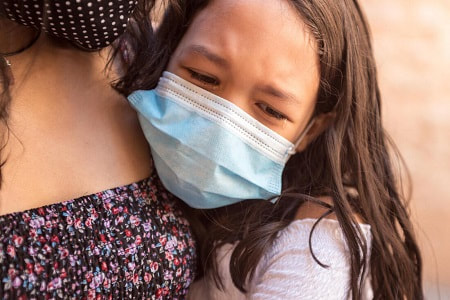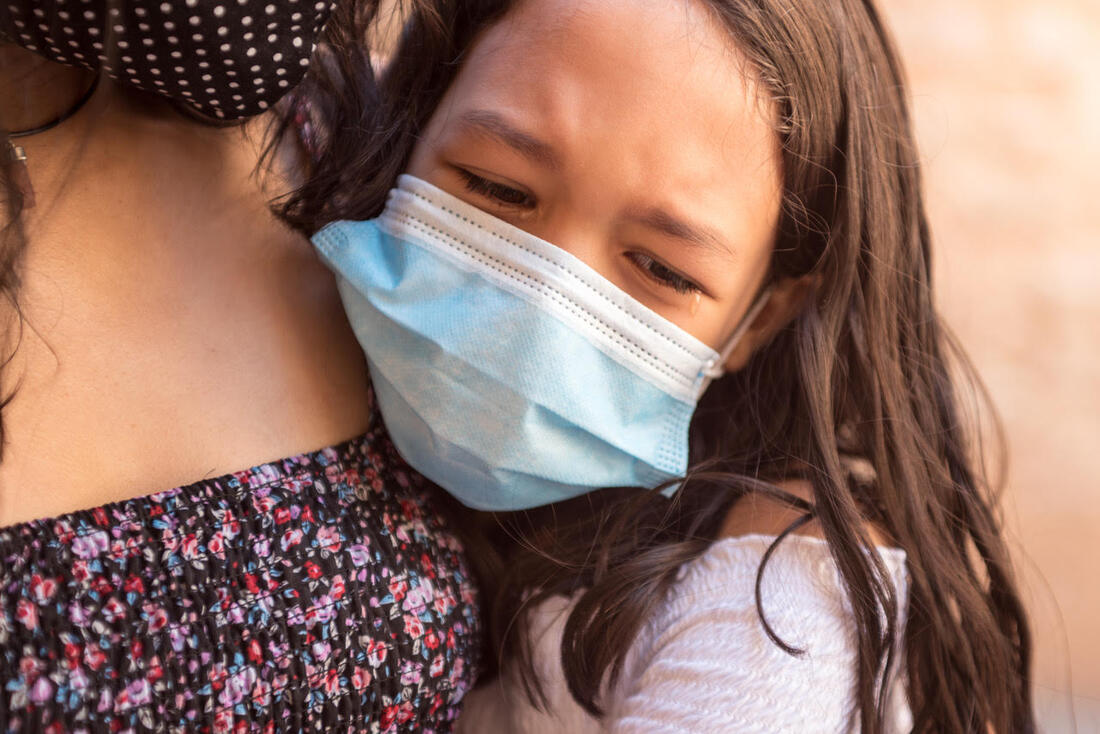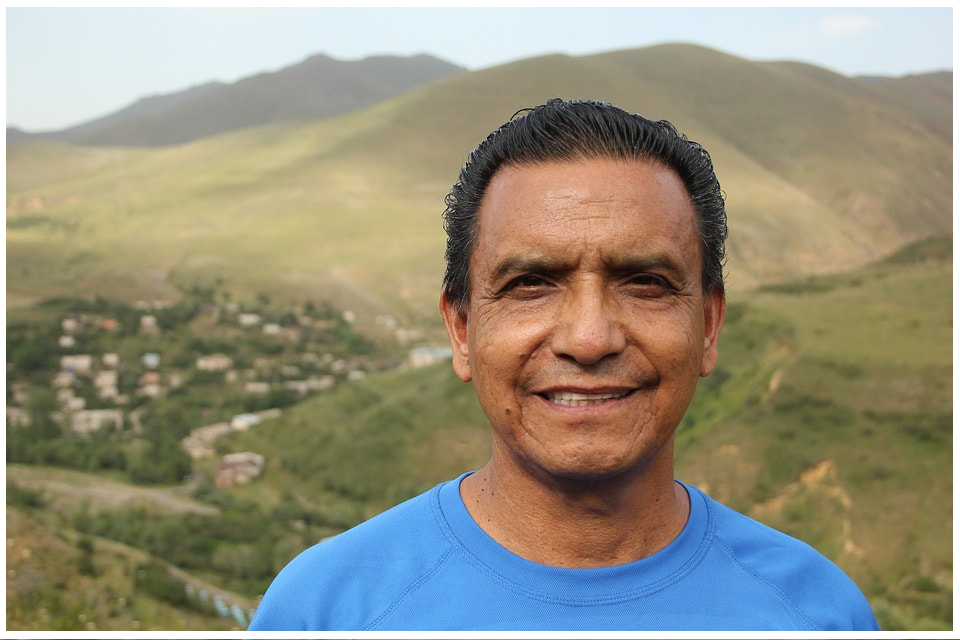News
|
Shape Divider - Style fan_opacity
|
Colorado's Hispanic Community Hit Hardest by COVIDInaccessibility to Care, Immigration Status,
|
|
There are several reasons why the Hispanic community has been hit so hard by COVID.
Most Latinos across the state are likely to be employed in jobs that require exposure to the public: transportation, food service, cleaning services, childcare, nursing homes, etc. Working from home is not an option for them. Nor do they have the luxury of skipping a paycheck. Hence, every time they clock in, they expose themselves to potential illness. In addition, a disproportionate number of Hispanics have underlying health conditions, such as high blood pressure, diabetes or obesity. This places them at even higher risk of developing serious complications if they contract the COVID virus. Furthermore, many Colorado Hispanics are reluctant to get tested or receive treatment for the disease because of their immigration status and general distrust of government. There’s also the language barrier. When evidence-based public health resources are not available in Spanish, misinformation can run rampant throughout a community and increase fear of treatment. Latinos are also much less likely to have health insurance or access to quality health care — either because they can't afford it or due to their immigration status. The Economic Toll
During the height of the pandemic Latinos had the highest unemployment rate in the state. Before COVID hit, unemployment among Colorado Hispanics was 3.4%. A year later, it skyrocketed to 9.6% -- higher than both blacks and whites.
|
Colorado’s Hispanics
by the Numbers
Some facts about the growing Latino population in Colorado:
Sources: Latino Leadership Institute American Immigration Council Pew Research Center
|
Undocumented workers receive no federal coronavirus aid, despite the fact that many of them have children who were born in this country. Neither are they eligible for unemployment. And without a Social Security number, any other (albeit limited) employment opportunities are off limits.
Low Vaccination Rate
Despite the fact that Hispanics comprise almost a quarter of the state’s population, they represent only 8% of Colorado residents who’ve received the COVID vaccine.
Rudy Gonzalez is executive director of Servicios de la Raza, one of Colorado’s largest Latino advocacy groups. He says two big reasons why the vaccine ratios are so low for the community are lack of transportation and grueling work schedules for those who are still employed.
“We work six, maybe seven days a week,” Gonzalez said. “Only 11% of our communities can work remotely.”
Rudy Gonzalez is executive director of Servicios de la Raza, one of Colorado’s largest Latino advocacy groups. He says two big reasons why the vaccine ratios are so low for the community are lack of transportation and grueling work schedules for those who are still employed.
“We work six, maybe seven days a week,” Gonzalez said. “Only 11% of our communities can work remotely.”
--Article Continues Below--
Receiving the vaccine often requires taking a day off work, with an additional day off to recover from side effects. When work is available, Latinos often work two or more jobs, usually without the benefit of paid time off. Gonzalez said the state could do more to incentivize employers to allow their workers the time needed to receive vaccines.
Until then, the vaccination rate among Hispanics will likely remain very low.
Until then, the vaccination rate among Hispanics will likely remain very low.
How Can Care Providers Help?
As a healthcare provider, there are several ways you can help better serve the Hispanic community.
Offering medical services on a sliding scale and ensuring that health information is available in Spanish is a beginning. But there’s also a cultural barrier which healthcare professionals should address if they want to better serve their Latino patients.
For the majority of Latinos, the physician-patient relationship must feel personal and welcoming. They want their doctor to be concerned for their entire wellbeing. For them, trust cannot be established when office visits are handled in a rushed, factory-style, in-and-out approach. If your Latino patients do not sense that you are compassionate, they are unlikely to open up about their health concerns.
To this end, it may be wise to consider recruiting Latino professionals for your practice. These individuals can help provide personal insight regarding the best ways to assist this underserved demographic.
For the majority of Latinos, the physician-patient relationship must feel personal and welcoming. They want their doctor to be concerned for their entire wellbeing. For them, trust cannot be established when office visits are handled in a rushed, factory-style, in-and-out approach. If your Latino patients do not sense that you are compassionate, they are unlikely to open up about their health concerns.
To this end, it may be wise to consider recruiting Latino professionals for your practice. These individuals can help provide personal insight regarding the best ways to assist this underserved demographic.
Comments are closed.
Contact Information
Address2150 Lelaray Street
Colorado Springs, CO 80909 P.O. Box 140 Colorado Springs, CO 80901 |
ContactPhone: (800) 266-3809 / (719) 634-3760
Email: [email protected] Business Hours: Monday – Friday, 8am – 5pm Closed Sat/Sun |
Other Information |
Click to set custom HTML
©
2022 Reliant Financial Services LLC







